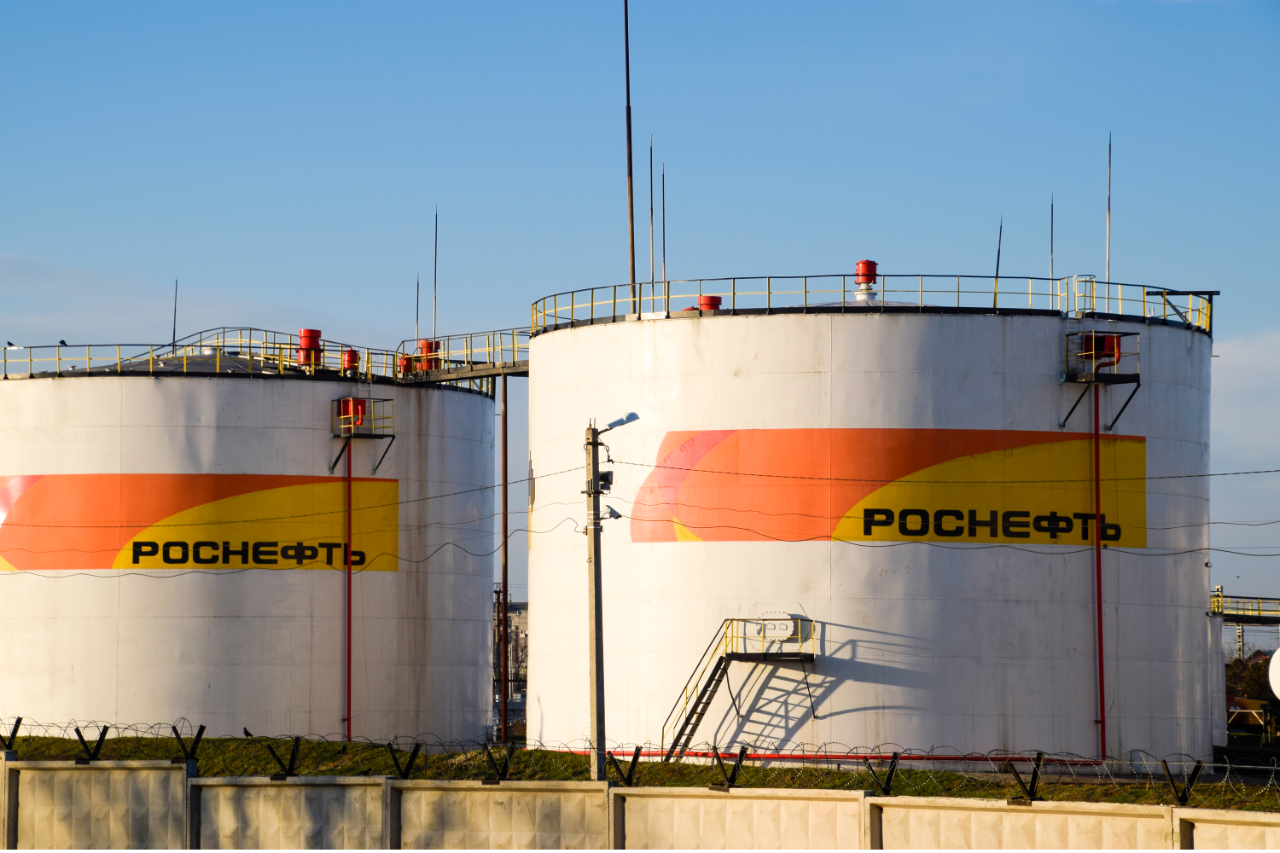With the average realised price of $23.03 per barrel (bbl) and the need to cut oil production per the OPEC+ agreement in Q2, Rosneft Oil Company (Rosneft) saw a drop in revenue across all segments and markets. Rosneft has complied with the latest OPEC+ objectives and has reported cuts of 18% of oil production in Q2 over the baseline. Most production cuts came from assets in mature basins, while newer more strategic regions saw only small reductions in production. Gas production has declined by about 9% in Q2, when International gas assets saw a 15% decline in production due to lower demand, while Russia-based gas projects maintained production.
Rosneft’ sales of crude oil and gas have collapsed by over 68% from the last quarter of 2019. The revenue decline is due to multiple factors: reduction in oil production due to OPEC+ agreement, lower gas production due to global demand declines, and lower prices realised for oil and to a lesser extent gas. Other segments, specifically refined and petrochemical products, saw a smaller decline in revenue at 48%, even in light of lower demand due to Covid-19-triggered lockdowns globally.

Total capital expenditure (capex) decreases at Rosneft Oil Company during the first half of 2020 were much less pronounced than seen with global peers and were in line with quarterly variations. When accounting for the ruble devaluation in response to drop in oil prices, the company’s upstream capex only decreased by 2.4% in Q2 in ruble terms. In dollar terms, the annual capex is expected to be $4.5bn lower than originally planned, due to the spending optimisation plan in response to Covid-19 pandemic. With the reduction in capex, Rosneft brought fewer production wells online in Q1 and Q2 of 2020 than in 2019. However, the number of advanced wells, those with horizontal completions and multi-stage fracking, remained stable. This highlights the company’s strategy to focus on key new developments, where additional costs spent on drilling and stimulating of wells are justified by high initial flow rates.

Rosneft Oil Company reported a negative free cash flow of $100m for Q2 2020, which was extremely unusual for the company even given the current economic crisis and the low price environment. While unusual, the negative free cash flow reported by Rosneft in Q2 2020 was of much lesser magnitude than reported by international independent and major oil and gas companies. This stems from the progressive nature of Russian oil tax system, with the government absorbing most of the downside from reduced oil prices. The OPEC+ production cuts have forced the company to reduce oil production by 18% in Q2. On the other hand, capex decreased by only 10% quarter-on-quarter, reducing free cash flow but ensuring that the company can rebound quickly once cuts expire. Capital spending was mostly directed at advancing key planned projects, but also at drilling but not completing wells at more mature projects.
How well do you really know your competitors?
Access the most comprehensive Company Profiles on the market, powered by GlobalData. Save hours of research. Gain competitive edge.

Thank you!
Your download email will arrive shortly
Not ready to buy yet? Download a free sample
We are confident about the unique quality of our Company Profiles. However, we want you to make the most beneficial decision for your business, so we offer a free sample that you can download by submitting the below form
By GlobalData










Related Company Profiles
Rosneft Oil Co
Rosneft